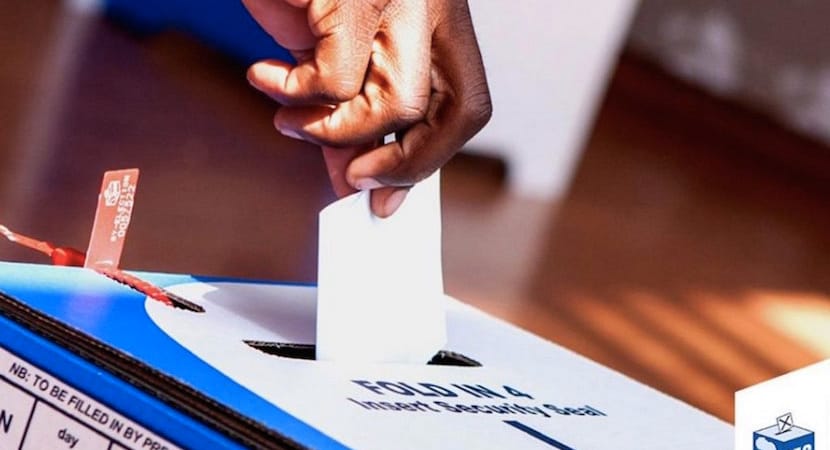Election season has come and gone … well, almost. There’s still the inauguration of a president – we now know that to be Cyril Ramaphosa – and the announcement of a new Cabinet. After that we’ll see the opening of South Africa’s sixth parliamentary term since those historic first democratic elections in 1994.
But before we get to those processes over the next few weeks, it’s worth understanding what the numbers tell us about the latest election and the course the results will chart for the country over the the next five years.
Let’s start with the high-level numbers of the 2019 polls.
How many people were eventually registered and eligible to vote? 26 779 025
In 2014, 25 388 082 were registered to vote.
That’s an increase of 5.48% in the number of people who are eligible to vote.
So, did more people vote in this elections? The short answer is no.
While more people were registered to vote in the 2019 elections, 983 155 fewer people actually voted this year. In 2014, 18 654 771 people voted, while “only” 17 671 616 voters cast their ballot this time around.
This ultimately means the voter turnout dropped from 73.48% in 2014 to 65.99% this year.
Were more votes spoilt this year if there are suggestions of voter apathy?
While the real number of spoilt votes remains high at 235 472 of all national ballots cast in 2019, more votes were spoilt in 2014.
In 2014, the number was 252 274. This formed 1.35% of all the national ballots cast in that year.
This year the rate of spoilt ballots to all votes cast nationally was 1.33%.
This may indicate a lot of people still aren’t finding credible, compelling political options.
Are South Africans losing interest in elections?
This will need more than just numbers to answer comprehensively but the numbers do tell us part of the story.
In 2014, the turnout figure was 73.48%.
This year, South Africa registered a voter turnout of 65.99% for the national ballot. This means voter turnout dropped by almost 7.5 percentage points.
The highest voter turnout percentage was most likely in 1994, but as there was no voters roll, a figure was never defined.
In 1999, five years after that historic poll, the voter turnout rate was 89.3%.
While the voter turnout rate is declining, it remains higher than the rate in America, but lower than that of Brazil, Botswana and Ghana.
Who are the biggest growers?
The EFF and FF Plus, considered polar opposites ideologically, are the only two major national parties that registered growth in all nine provinces and nationally when compared to their 2014 numbers.
The EFF, contesting its second general election, registered the biggest increases, growing by 4.44 percentage points on the national vote.
Its growth also means it is now the official opposition in three provinces, adding Mpumalanga to North West and Limpopo where it already held this title from 2009.
This year, 1 881 521 voters put their Xs next to Julius Malema’s face, while in 2014, their were 1 169 259 marks next to his image on national ballots.
In 2014, the FF Plus received 165 715 national votes. This time around, 414 864 people voted for the party. This is the party’s best performance in a general election.
The IFP get an honourable mention for growing its support nationally, in Gauteng and in KwaZulu-Natal, where it will once again be the official opposition, after the DA claimed that spot in the province in 2009.
“Your vote is your power and we must work even harder as a nation to ensure that all who are eligible to vote do so,” Williams said.
“As we begin to look forward in the spirit of renewal, we call on all South Africans to work together, irrespective of their political affiliation. Our role as active citizens does not end with voting; together we can ensure that our newly elected public representatives deliver on their promises of moving South Africa forward.”
South Africa will inaugurate its 6th democratically elected President on May 25.
“We call on all South Africans to support and assist government so that we can find sustainable ways to overcome the triple threat of poverty, inequality and unemployment,” Williams added.
Source: News24






 WhatsApp us
WhatsApp us 

